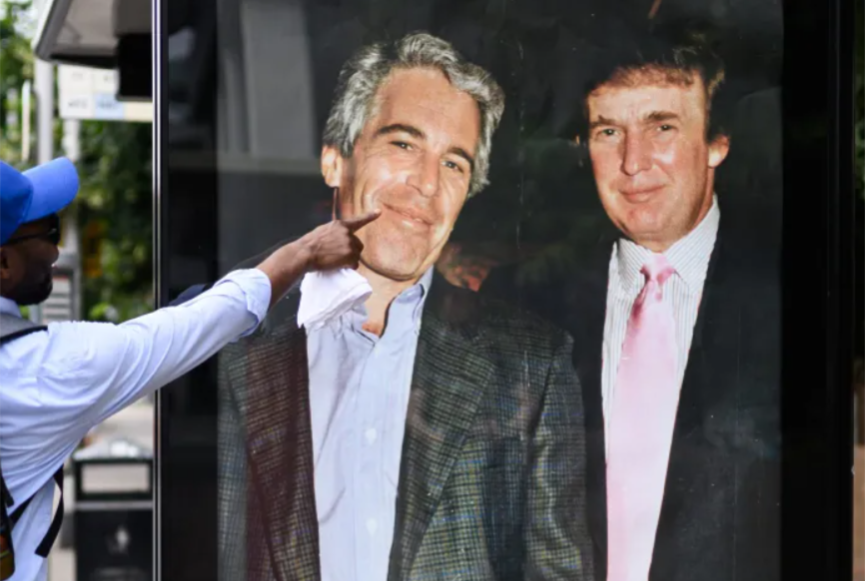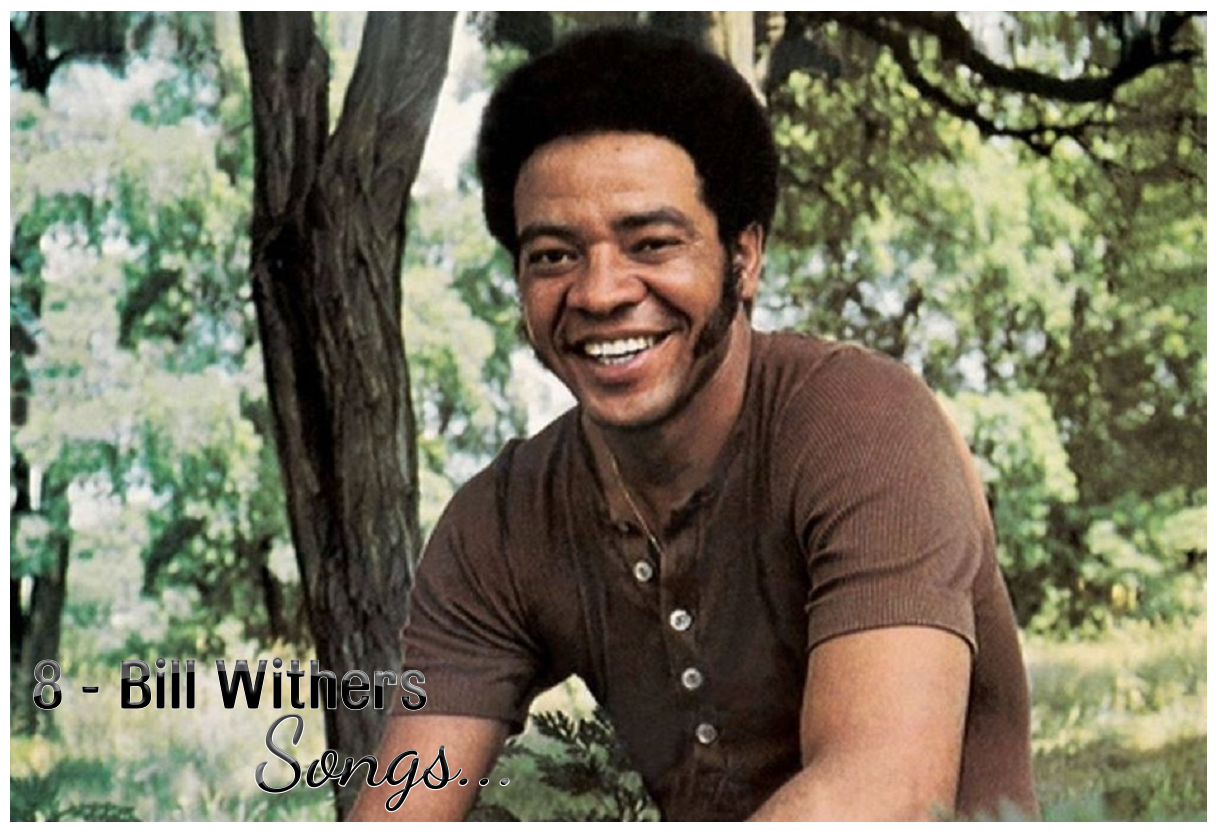(ThyBlackMan.com) The arrest of Tyler Robinson in connection with the murder of conservative activist Charlie Kirk is more than just another headline—it’s a chilling reminder of how far America has drifted into a culture where political differences are no longer argued out in debate halls or op-ed pages, but settled with violence. Robinson, just 22 years old, grew up in the heart of conservative Utah, described by family and neighbors as “squeaky clean,” “respectful,” and “considerate.” Yet, this young man with no criminal record, no history of violence, and a supportive family suddenly stands accused of assassinating one of the most visible conservative voices in America. The contrast between who Robinson was and what he allegedly did is not just a personal tragedy—it’s a political earthquake that forces Americans to confront the dangerous fusion of polarization, youth disillusionment, and the erosion of free speech in public life.

The story of Robinson is one of contradictions. Raised in a family that celebrated his academic achievements and suburban values, he once looked like the kind of kid who might quietly build a successful career and raise a family of his own. His grandmother said she never even knew he attended the Utah Valley University event where Kirk was killed. His neighbors remembered him from church as polite and soft-spoken. His high school teachers and peers knew him as an advanced student who excelled in AP calculus while taking college-level courses. This is not the profile of someone who drifts into political assassination. And yet, something shifted—slowly, quietly, perhaps invisibly. Investigators now point to Robinson’s recent interest in politics, something that was out of step with his family’s otherwise apolitical lifestyle. At a recent family dinner, he allegedly spoke about his dislike of Kirk and his upcoming event, an ominous warning that in hindsight reveals a brewing storm.
The weapon, a Mauser 98 .30-06 with a mounted scope, speaks to premeditation. The inscriptions found on the bullet casings suggest a symbolic element, as if Robinson was not only targeting Kirk the man, but also what Kirk represented. Utah Governor Spencer Cox called it a “political assassination,” a phrase that carries weight not just because of the crime itself, but because of what it signals for America. We now live in a time when political leaders, activists, and commentators live under the shadow of violence. Free speech, one of America’s most sacred principles, is no longer guaranteed protection in the public square.
As shocking as the crime is, it is not isolated. America has been building toward this moment. The list of politically motivated attacks grows longer each year. From the 2011 shooting of Congresswoman Gabrielle Giffords, to the 2017 baseball field shooting that targeted Republican lawmakers, to the January 6 attack on the U.S. Capitol, to the hammer assault on Paul Pelosi, and now the killing of Charlie Kirk, the escalation is undeniable. Each act is shaped by different ideologies and grievances, but all share a common thread: the willingness to turn disagreement into bloodshed. Robinson’s arrest simply adds another chapter to a grim national story.
Yet, what makes this case particularly haunting is that Robinson was not a caricature of an extremist. He was not active in hate groups, not immersed in online echo chambers (at least publicly), not known to harbor violent tendencies. He was a “normal” young man, with loving parents, siblings, a grandmother who doted on him, and a life of promise. His family posted photos of vacations, hunting trips, and Halloween costumes. They were proud of him, and by all accounts, he gave them every reason to be. This is the type of story that shakes communities because it suggests that political radicalization is not confined to the fringes—it can find its way into the lives of ordinary families who thought they were immune.
For conservatives, Kirk’s death is martyrdom. Twitter flooded with tributes, anger, and calls for accountability. One user wrote, “Charlie Kirk dedicated his life to fighting for young conservatives. Now he’s dead because someone couldn’t handle free speech.” Another posted, “This is proof conservatives are hunted in their own country. Where’s the outrage?” Many on the right see the killing as evidence that their fears of persecution are justified, that America is no longer a place where they can speak freely without deadly consequences. For progressives, the reactions were more complicated. While many expressed disgust at the violence, others were torn by their disdain for Kirk’s politics. “I didn’t agree with Charlie Kirk on anything,” one progressive writer tweeted, “but this is not justice. Violence cannot be the answer.” Another wrote, “Free speech means tolerating views you hate, not killing people for them.”
This division in reactions is telling. It mirrors the polarization that set the stage for the crime itself. Instead of uniting Americans around the tragedy of political violence, it risks further entrenching people in their ideological corners. Conservatives see Kirk as a martyr; progressives see the killing as tragic but hesitate to frame him as a hero. The middle, if such a place still exists, wonders whether America can ever have civil dialogue again.
The human toll should not be lost in the politics. Erika Kirk, now a widow, faces an uncertain future. Will she remarry someday? Will her children carry the weight of their father’s political fame, and his violent death, for the rest of their lives? These are questions that go beyond the headlines, beyond the courtroom, and into the intimate spaces where families are forever altered by political violence.
For Robinson, the question of “why” looms largest. Was this an act of misguided youthful rebellion, magnified by the volatile climate of American politics? Was it a deliberate, ideological assassination? Or was it the breakdown of an individual who found meaning in targeting a controversial figure? The fact that Robinson had no prior record, no history of arrests or violence, complicates the narrative. He was not on anyone’s watchlist. He was not the profile of a domestic terrorist. And yet, here he is, charged with aggravated murder.
The political consequences will ripple for months, if not years. Expect Republicans to seize on this as proof of a hostile environment for conservatives, pushing for tighter security around public figures and harsher penalties for politically motivated crimes. Democrats, while condemning the violence, may be more cautious in their framing, not wanting to sanctify Kirk’s legacy while still calling for national healing. The justice system will bear the burden of treating Robinson fairly while also acknowledging the gravity of a crime that many already view as an attack on democracy itself.
On Twitter, the reactions continued to pour in late into the night:
“Charlie Kirk wasn’t perfect, but this is America’s shame. We can’t kill each other for politics.”
“Tyler Robinson was described as squeaky clean. How many more of our kids are being radicalized under our noses?”
“Don’t fool yourself. This isn’t random. Conservatives are under attack.”
“This isn’t left vs. right anymore. It’s sanity vs. insanity.”
“Prayers for Erika and the kids. I don’t care what you think of Kirk—this is devastating.”
The digital public square, where much of today’s political discourse unfolds, has become a mirror of the real one: angry, divided, emotional, and raw. And just as Twitter was flooded with reactions, real communities will be left to reckon with the fallout. In Utah, neighbors who once saw Robinson as the considerate boy who rode ATVs and studied calculus will now see him as the face of a national tragedy. For conservatives, Kirk’s name will become a rallying cry. For progressives, it may become a complicated symbol. For America, it is a reminder that free speech is fragile when citizens are willing to die—or kill—for their politics.
The arrest of Tyler Robinson closes one chapter but opens another: the trial, the investigations, the political posturing, and the national soul-searching. Can America heal after this tragedy? Can we restore the belief that speech, even when offensive, should be met with words rather than weapons? Or will Robinson’s act mark another step toward the normalization of political violence in the United States? These are the questions that will linger long after the courtrooms empty and the headlines fade.
















I feel sorry for Tyler Robinson who is yet another confused youth in America because it is actually our politicians who are not handling critical issues like racism,nihilism,autocratic,and dictator ideas that permeate our nation. We all bear a degree of guilt for helping to create a man like Robinson who possibly arrived at a decision to kill another opinionated American man.